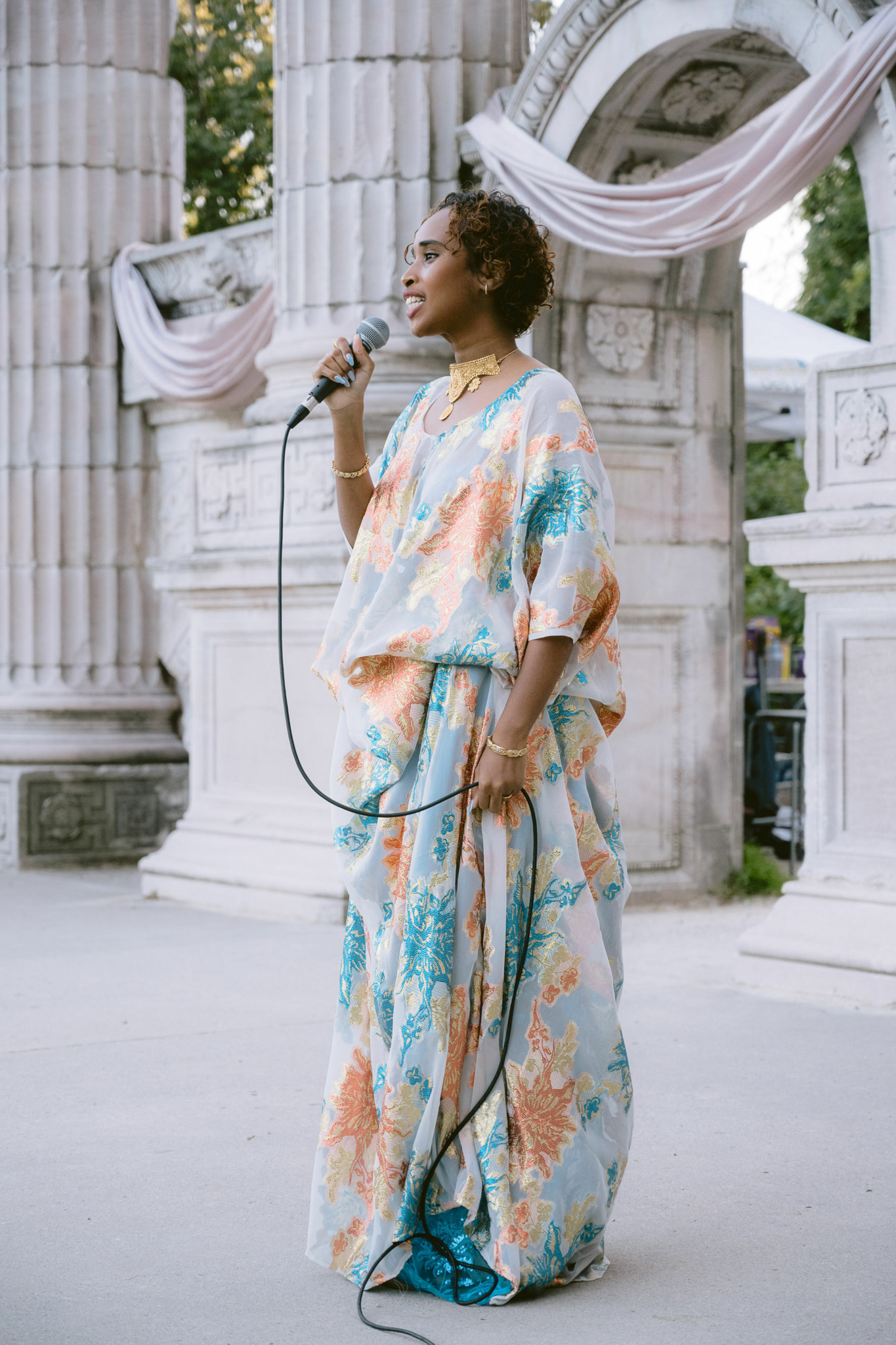Alright – so today we’ve got the honor of introducing you to Warda Youssouf. We think you’ll enjoy our conversation, we’ve shared it below.
Warda, thanks for taking the time to share your stories with us today What were some of the most unexpected problems you’ve faced in your career and how did you resolve those issues?
One of the most unexpected challenges I faced in my creative journey came earlier this year, during a one-month all-women and non-binary film challenge I joined in February. I entered it with the intention to have fun, I deliberately leaned into identity politics, cast women in all major roles, and ensured the rest of the cast were BIPOC. Most were white though, and the project was titled White Diet, a personal satire based on my immigration story to Canada.
The story… I was retelling one of my most painful memories, dating someone who was ethically non-monogamous, and how cultural clashes, alcohol, weed, and Pride festivities led to a massive misunderstanding that landed me in a psych ward. It was raw, but I was ready to laugh at it.
What I didn’t expect was how hard the actual filmmaking process would be, especially while trying to build a “soft set” a term I coined and am researching as both a creative methodology and the name of my production company. A soft set means a trauma-informed space where needs are articulated, people feel cared for, and tenderness is central without compromising clarity or direction. It’s about disrupting the “hot set” culture of stress, tempers, and suppression.
While the cast had a great time; they played, laughed, and truly enjoyed themselves, it became painfully clear that my BIPOC collaborators, including a Black female editor, a POC DOP, and a refugee from Afghanistan and many other first time immigrants as AD,AC etc, couldn’t access the same ease. Fun wasn’t available to them. The stakes felt too high. For them, it wasn’t just a fun short film challenge, it was their career, their name, their survival!
That gap was heartbreaking. It made me realize how far we still have to go before rest and play feel like birthrights for BIPOC creatives, not luxuries. That experience cracked something open in me. It clarified why I want to keep building soft sets, not just as theory, but as real, sustainable practice.
Since then, I’ve received a Canada Council grant to continue developing this approach, and I remain committed to finding ways to ensure all of us, especially those historically burdened can find joy in the creative process.
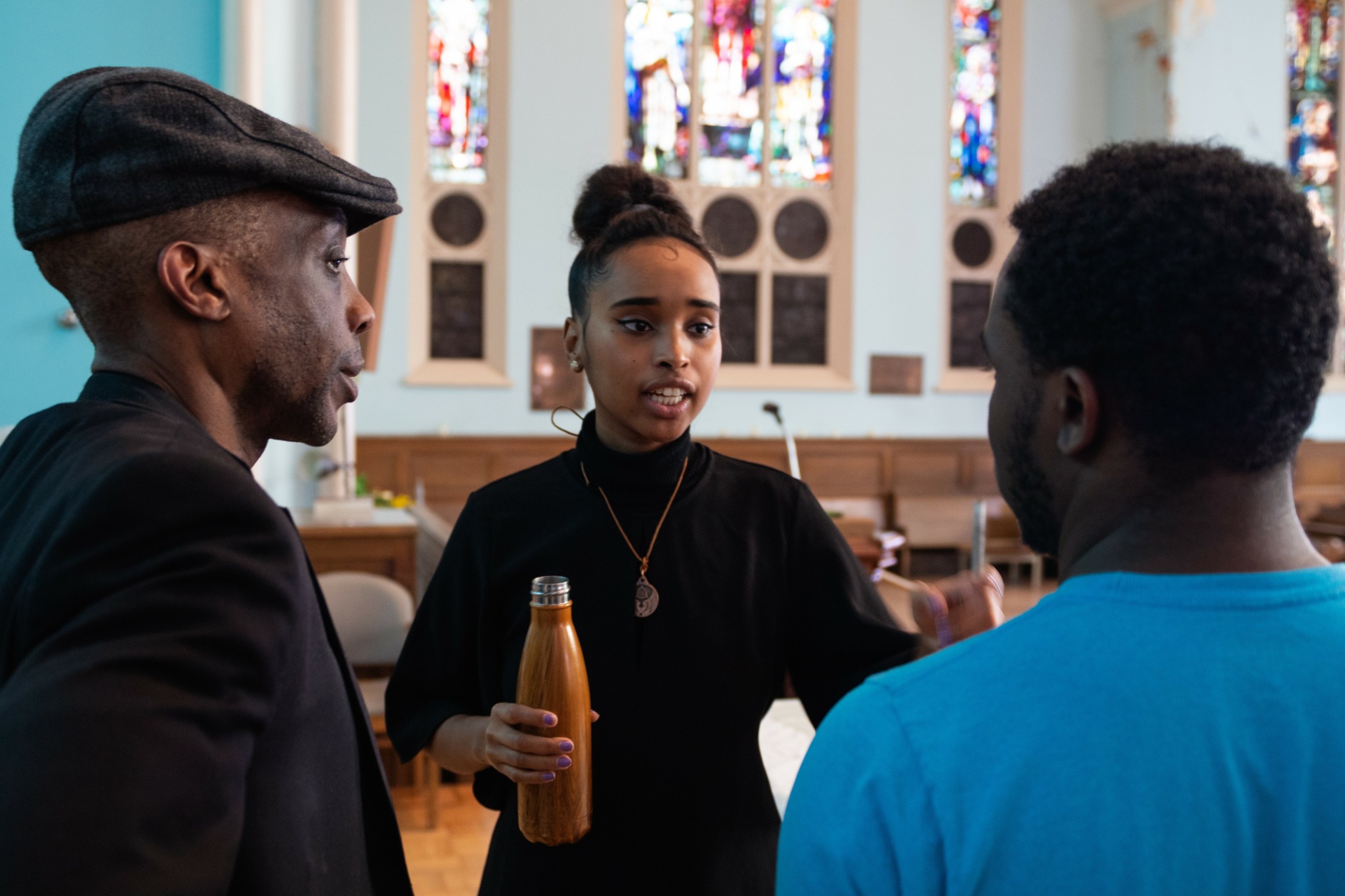
As always, we appreciate you sharing your insights and we’ve got a few more questions for you, but before we get to all of that can you take a minute to introduce yourself and give our readers some of your back background and context?
I came to Toronto as a refugee, with a lot of time on my hands and an eagerness to try anything. I stumbled into the arts in a very grassroots way through a local organization that was connected to where I picked up my government cheques. They offered a darkroom film photography class, and I signed up on a whim. I ended up winning an award and diving deeper into their other creative programs.
A few months later, I went out for karaoke at a bar I often frequented, and by pure coincidence, that same night the bar was hosting a Raindance Film Festival event. I met a filmmaker there, and suddenly my Instagram algorithm was filled with film programs for newcomers. That’s when everything shifted. I took that as a sign and enrolled in one film program after another, eventually landing opportunities like a scholarship with OCAD and a City of Toronto contract.
During the pandemic, I began calling myself an Arts Organizer. My house became a community space where I hosted multidisciplinary events from music shows to writing sessions, podcast recordings to comedy nights. Eventually, I began receiving grants to organize festivals centered around film, stories, music, and visual art
Now, my focus is primarily on filmmaking but I see myself expanding into psychology in the future. My mission is to create trauma-informed spaces both on and off set. I believe artists, especially those who are BIPOC, neurodivergent, or navigating complex lives, deserve environments where they are emotionally cared for while telling difficult stories. That includes not just the cast, but every crew member in every department.
My production philosophy is rooted in a concept I call Soft Sets, film sets designed as soft landings, where people can show up as their full selves. Tender but still firm. Fierce but not frantic. There’s no room for old-school hot sets that burn people out. I want to help create an industry where reflection, rest, and emotional well-being are valued alongside the creative product.
What sets me apart is that I don’t just want to make good art, I want to change how we make art. I’m most proud of the communities I’ve built, the spaces I’ve held, and the joy and safety I’ve helped cultivate in a system that rarely offers either.
If you’re a creative looking for space to be yourself, or someone dreaming of telling your story without burning out, I want you to know you deserve to create from a place of wholeness. My work, my sets, and my future practice as a healer are all devoted to that possibility.

Alright – so here’s a fun one. What do you think about NFTs?
Don’t know them and don’t care for them. I prefer holding my art, seeing it and the physical presence of it !
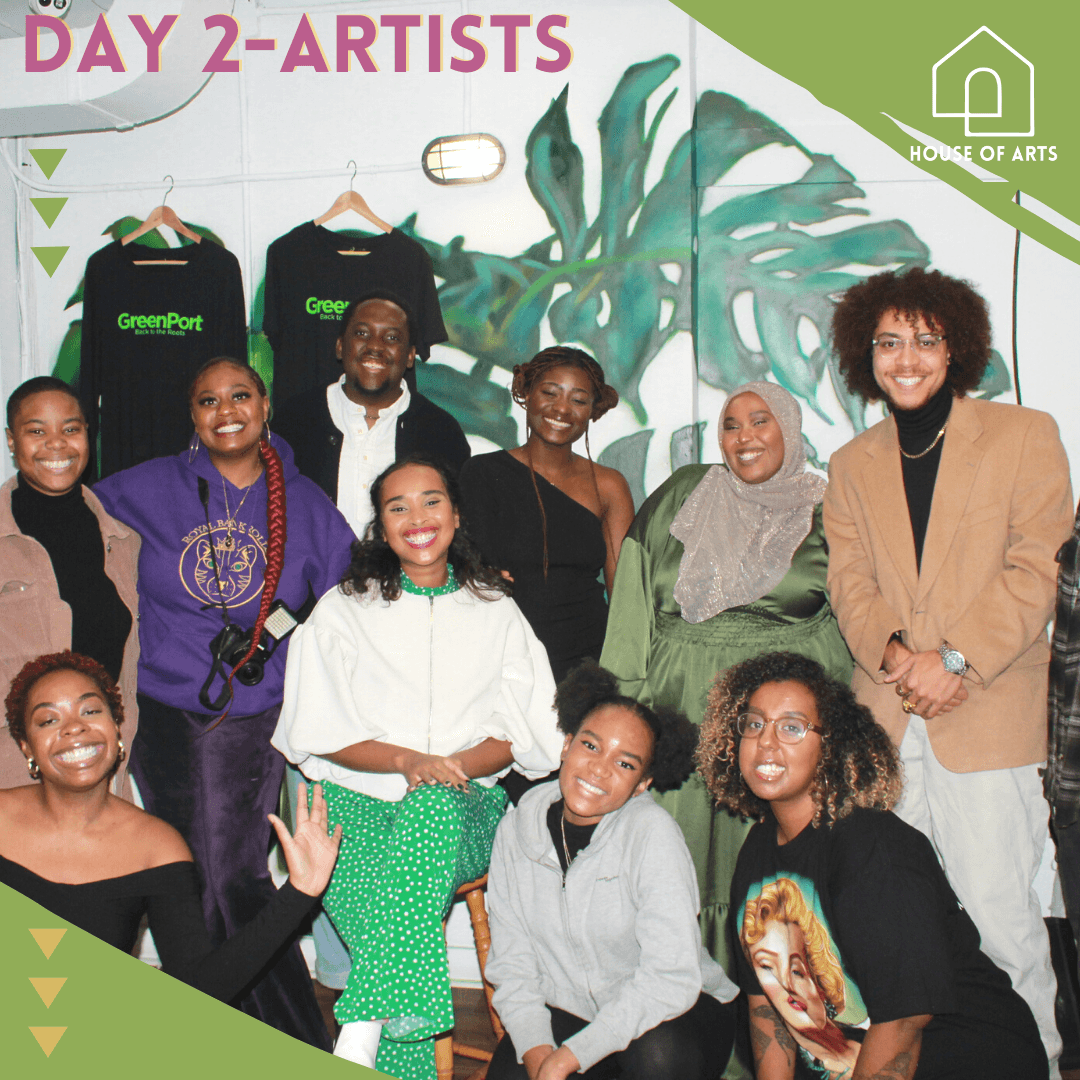
Are there any resources you wish you knew about earlier in your creative journey?
I wish i knew i had ADHD, and that you can get a coach!
Contact Info:
- Website: https://wardayoussouf.com/portfolio
- Instagram: https://www.instagram.com/lifetastessour/
- Linkedin: https://www.linkedin.com/in/wardayoussouf/
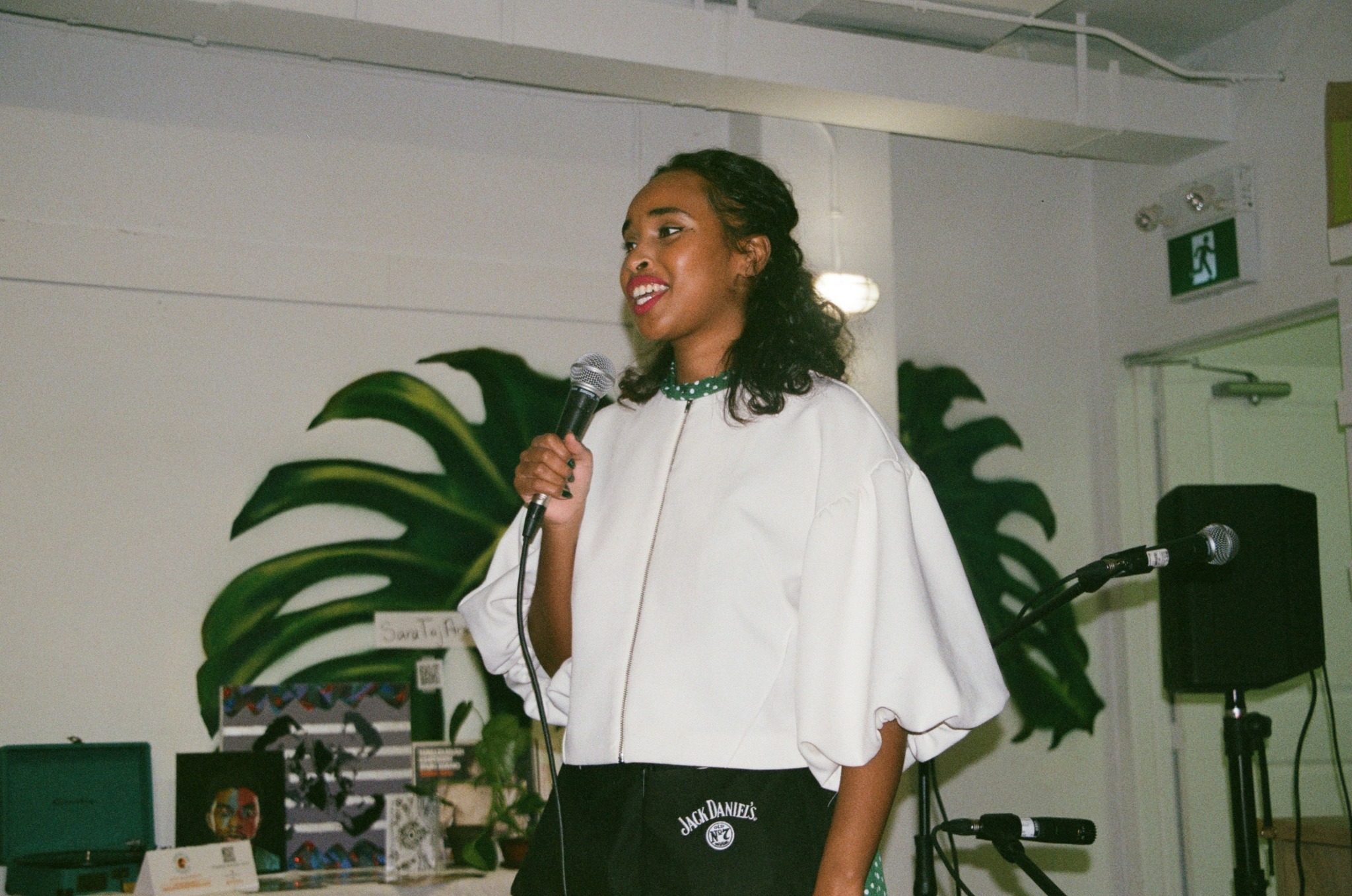
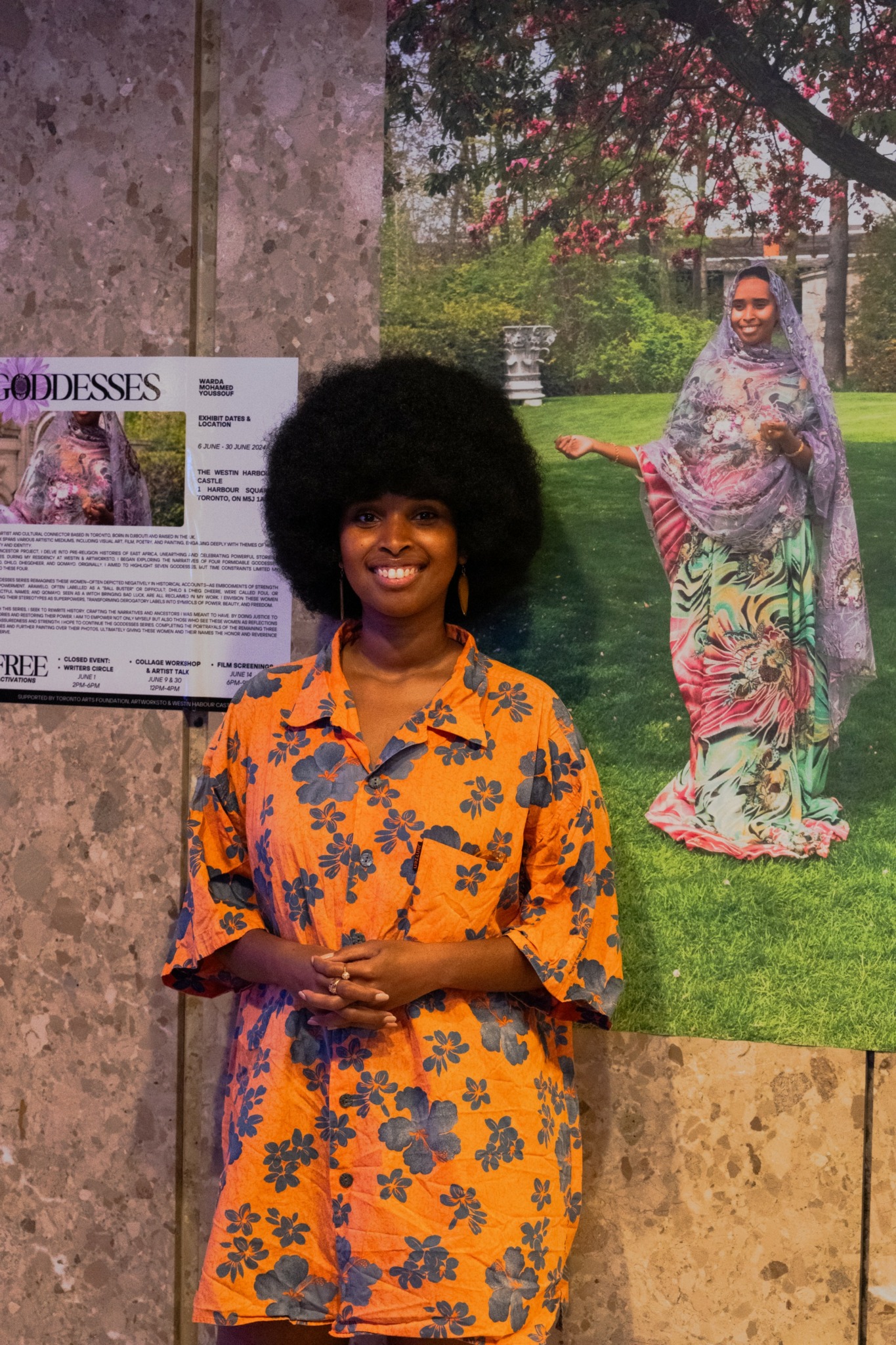
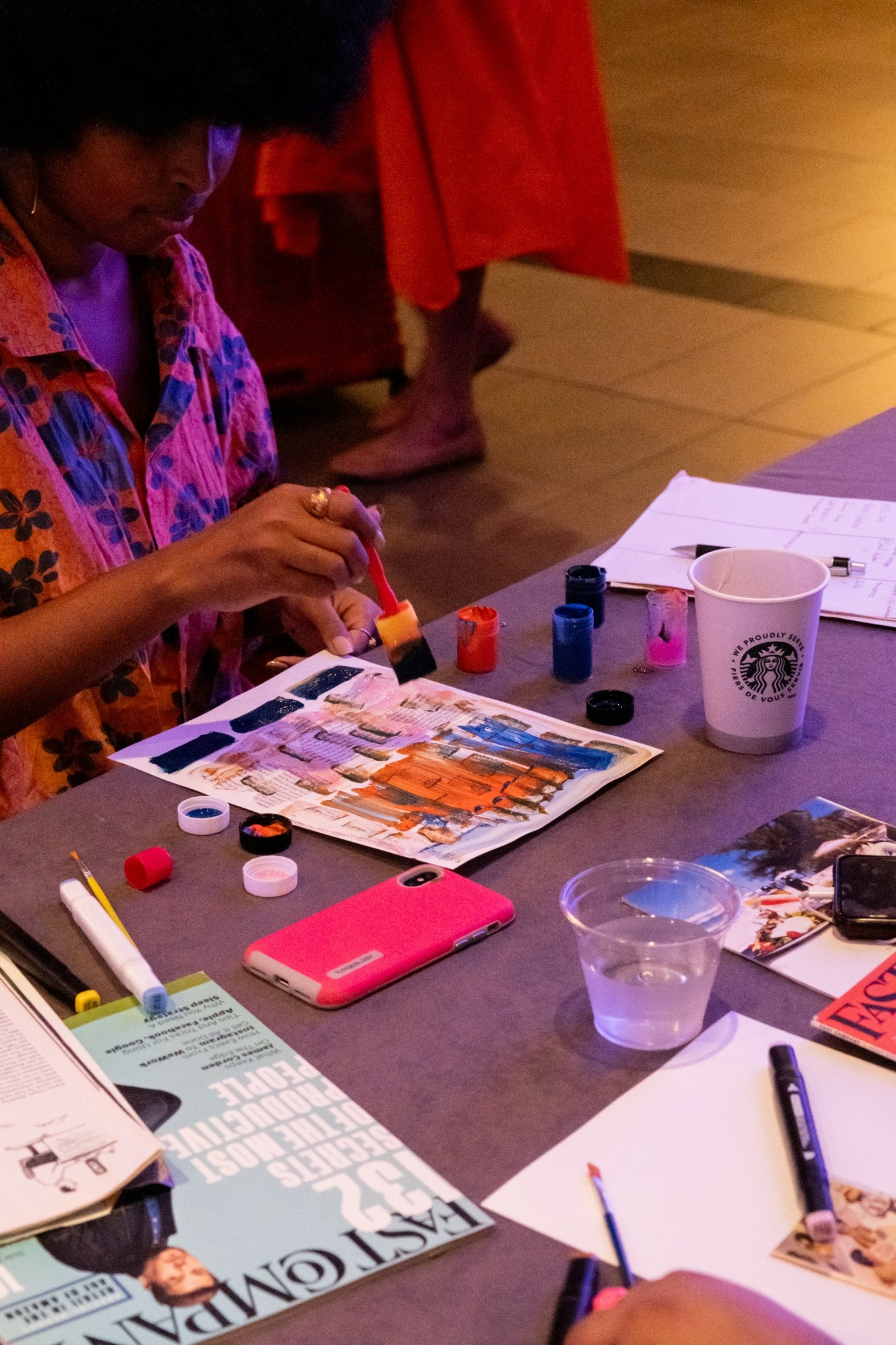
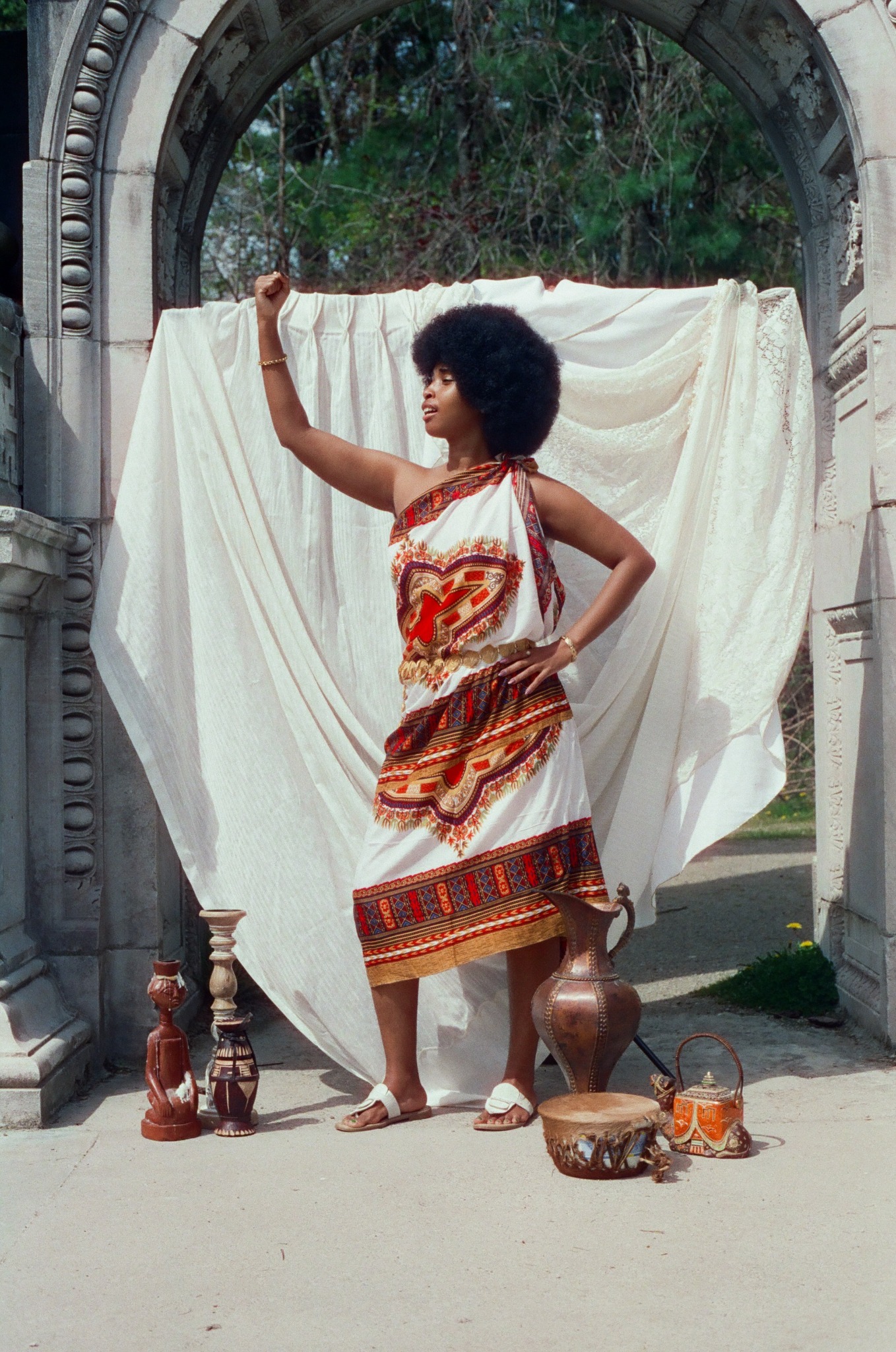
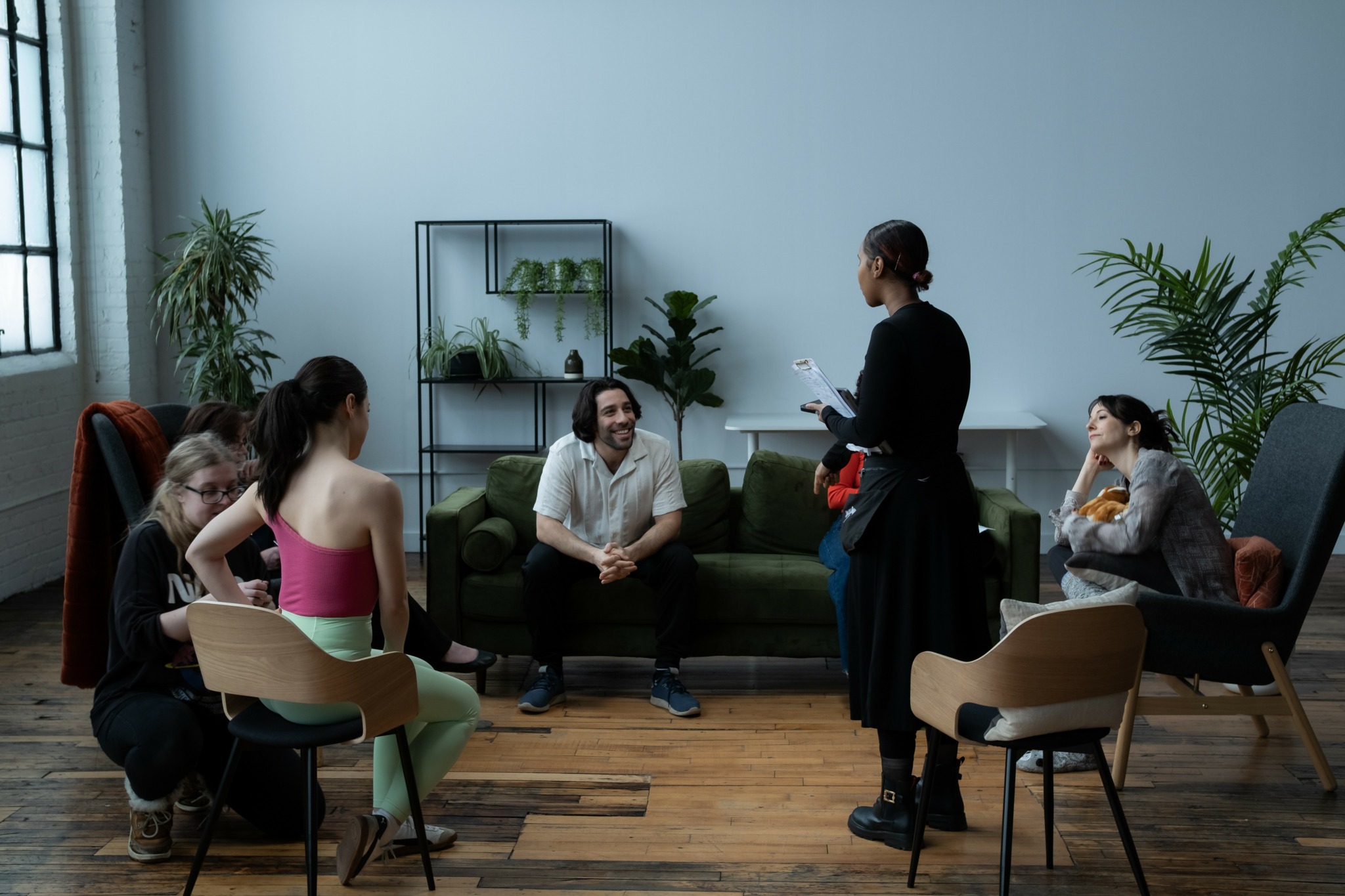
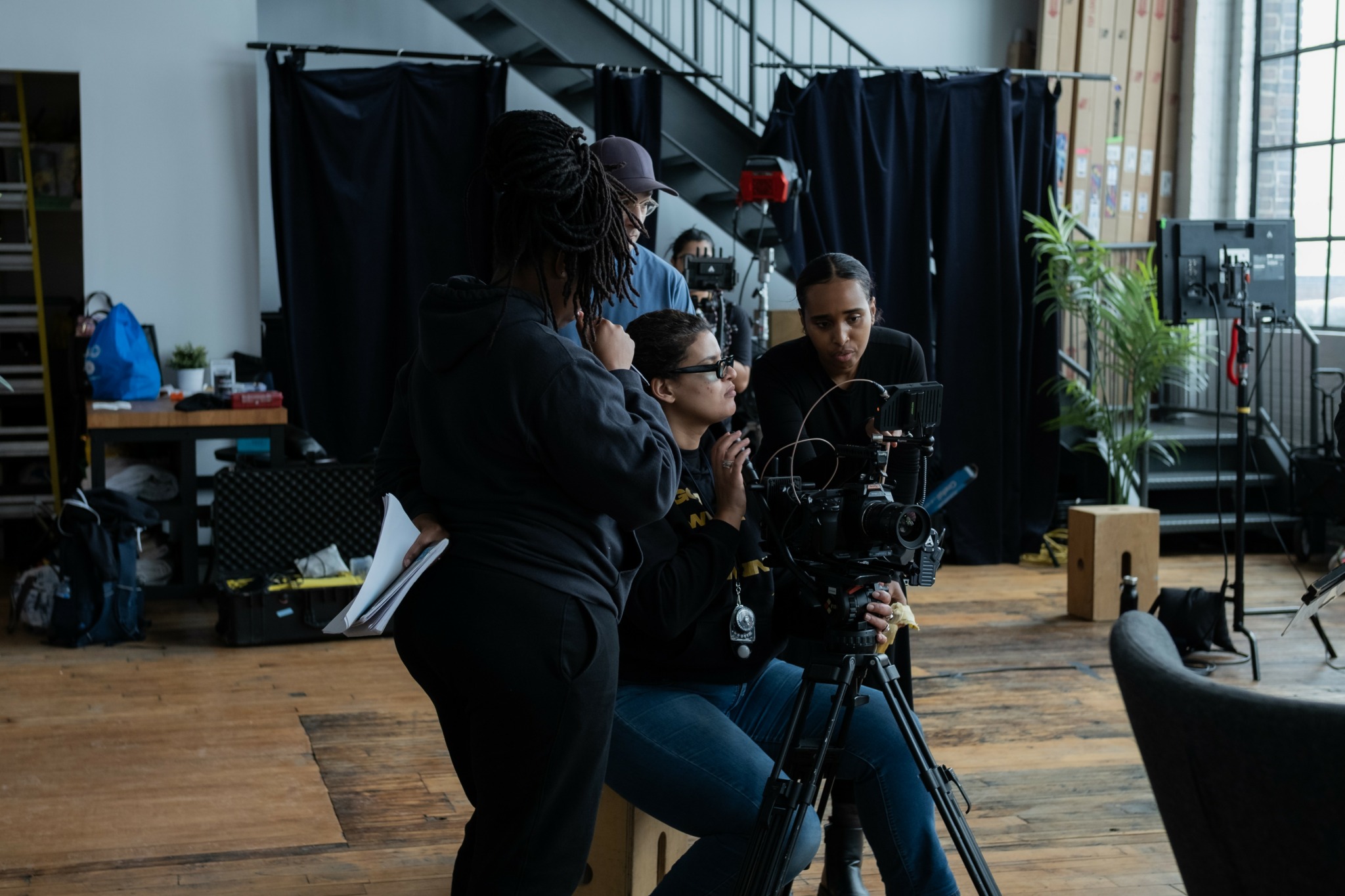
Image Credits
Javed, Nautica, yvanno and myself took the photos


